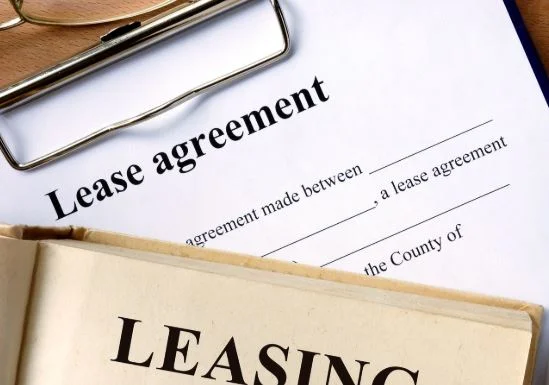There are four things real estate investors can do to avoid ending up at the Landlord/Tenant Board Tribunal.
I just came back from the Landlord/Tenant Tribunal for the first time ever since owning an investment property for the last 12 years or so. I have to say, it was an eye opening experience. Four things stood out for me, that every single real estate investor needs to do to avoid ending up at the Landlord/Tenant Tribunal.
First, owning an investment property is owning a business. I tell this to my real estate investors all the time. When you're buying an investment property, you're not buying a house, you're not buying a condo but you're buying a business. You have to think of it as a business, which means you have to have systems in place, such as checklists, regular maintenance, and proper documentation.
The second is if it's not in writing, it doesn't mean anything. So one thing I've noticed in the hearing that I attended today was, whatever the landlord or the tenant presented to the judge or the persons presenting the hearing, everything had to be in writing. The person kept asking, "Do you have that in writing? Was this documented? Do you have an email? Do you have the proper form? Do you have invoices? Do you have pictures?" Everything has to be documented. Any verbal agreements, any verbal discussions really don't hold any water. It has to be documented. So if you are to have a verbal discussion or agreement between the landlord and the tenant, make sure you follow-up with an email or some type of documentation to record that conversation.
Third is play by the rules. We all know things have changed. Since April 2017 with the Fair Housing Plan, there have been additional changes made to the Rental Act where landlords have to pay the tenant one month if they need them to vacate the place and they cannot turn around and rent the place for a period of 12 months unless they're moving in or a direct family that's moving into the unit.
The hearing that I attended was pretty interesting because a landlord thought it was a good idea to evict the tenants, give them the N12 form saying, "I will be moving in." Within six or seven days later the landlord turned around and rented the unit to a specific furnished rental company at a much higher rate. Again, the rules might not be fair or we might not like the rules but we have to play by the rules. Otherwise, these landlords can face some significant fines. Quite honestly, that small percentage of landlords that don't play by the rules give the rest of the landlords that do a bad reputation and this is what causes these governments to come in and bring in more rules and more changes that are against the landlord. So play by the rules. That's the way it is.
The fourth point is the lease agreement. This is very important and the reason is the new standard lease agreement that kicked in April 2017 with the Fair Housing Plan is pretty generic. It doesn't cover much. It leaves a lot for interpretation. This is why having a thorough, very detailed lease agreement is critical.
I'll give you an example. I just signed a new tenant for one of my rentals last week. My appendix or schedule was 12 pages long. I use the standard form which is mandated by the government but then my schedule is 12 pages long. Do not leave anything to chance. Again, everything needs to be documented. It needs to be outlined in that lease agreement and the schedule to define the relationship between the landlord and the tenant. It's good for both parties because both will have a clear understanding of what they're getting into and not have a gray area where, "Oh. I thought this is covered. I thought this is not covered. I thought this is my responsibility or this is your responsibility." Having a very detailed lease agreement with schedules is critical in operating your investment property.
If you're a real estate investor, looking to invest or own a portfolio, please feel free to connect. I am happy to discuss with you your portfolio or if you're looking to invest, I'm happy to help. Until next time, happy investing.
For more examples of landlord resources click here.

